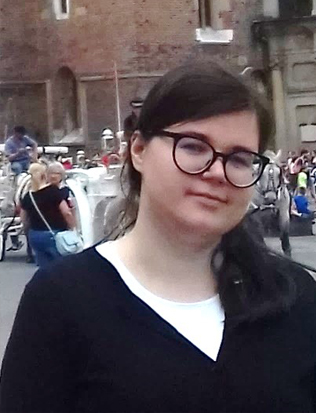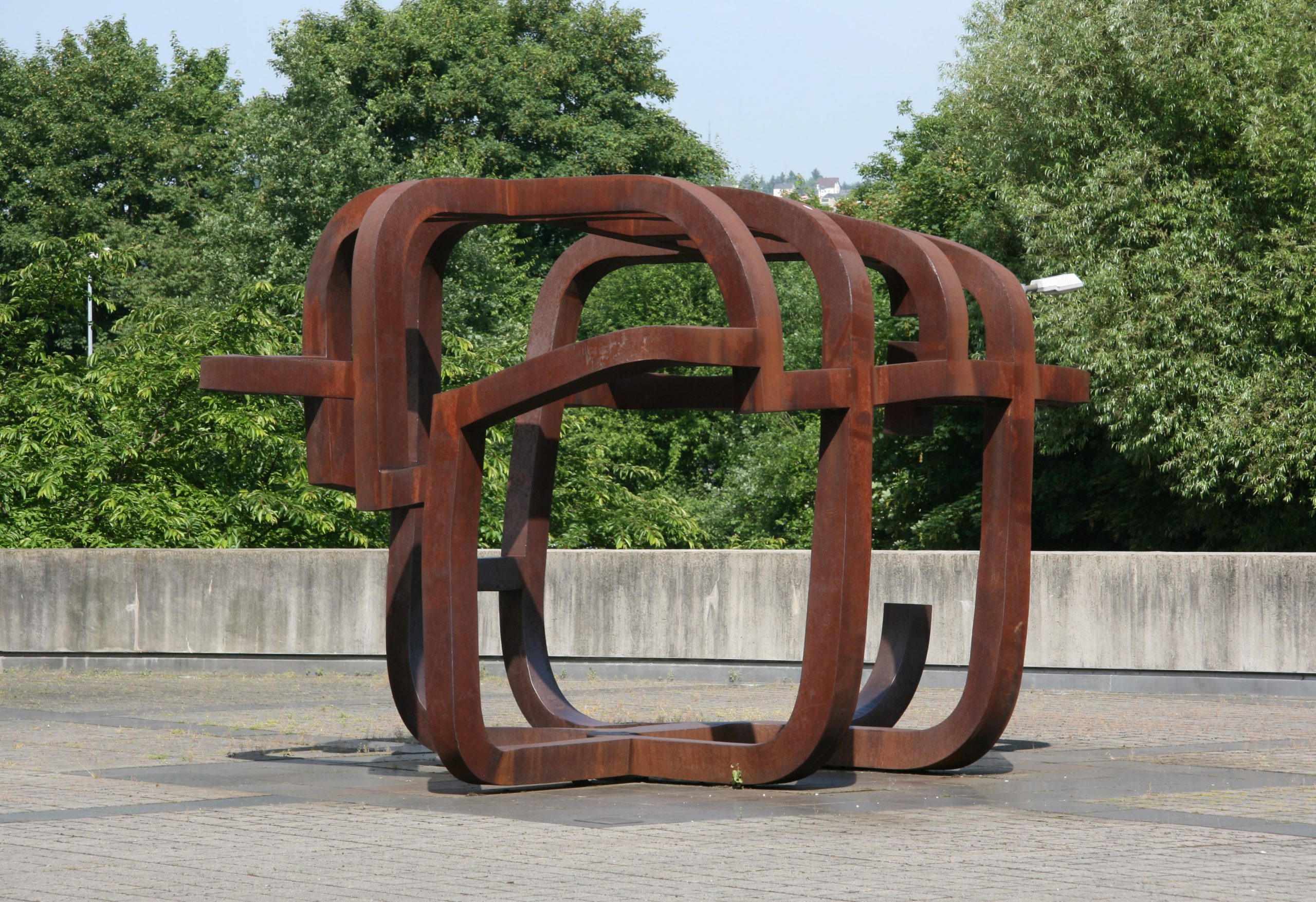
Eglė Burbaitė
Tax Consultant
Vilnius, Lithuania
Scholarship: Summer Course on European Tax Law Trier (120SB04)
6 – 10 July 2020
| “Having worked as a tax consultant for almost three years, I face that EU tax regulation is very difficult to apply in Lithuania due to lack of EU legal tradition and educated professionals in this field. Therefore, ERA Summer Course on European tax law was an excellent opportunity to broaden my knowledge in this fascinating area of law” 17/08/2020 |  |
- Q & A with Eglė Burbaitė
What is your legal background, your current occupation and country of work?
I am a judicial clerk at an administrative court in Estonia. I specialise in various areas of administrative law (taxes, imprisonment, social security, public procurement, etc.).
How do you use European law in your current work?
At my place of work we also deal with tax law cases for which European law may be relevant. Sometimes it is necessary to research the case-law of the CJEU. My procedural team (one judge, one judicial clerk) was involved in the proceedings of a case that is currently awaiting a preliminary ruling.
What was your motivation for attending this particular event?
It is a great opportunity to attend a course outside of my native country and to learn in a foreign language with lawyers from all over Europe. Furthering my knowledge of European tax law benefits my work, because tax law is one of the fields I specialise in and I would like to be well prepared for future cases that involve European tax law.
How did you benefit from the scholarship?
It is important to keep up with European law, especially the case law of the ECJ. The interpretation and direct application of a directive might be necessary in a specific case. In some cases, a preliminary ruling from the ECJ is needed.
I passed a 5-day webinar on European tax law where I had the opportunity to be taught by several highly qualified specialists. I now have knowledge of an area of law that I was previously unfamiliar with. As someone who works in the court system I found the practical problems and case law discussed during the course very useful. The learning process was intense and new knowledge had to be implemented through case studies and quizzes. I found this approach quite effective compared to a more theoretical course where the speaker presents the material and the audience passively listens.
I wouldn’t have been able to attend an ERA event without a scholarship, because there is no funding for judicial clerks to participate in courses that are organised abroad.
I am thankful for this opportunity and I hope I will one day be able to attend an ERA event in Trier.
